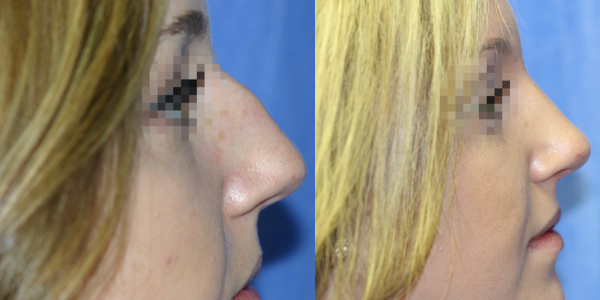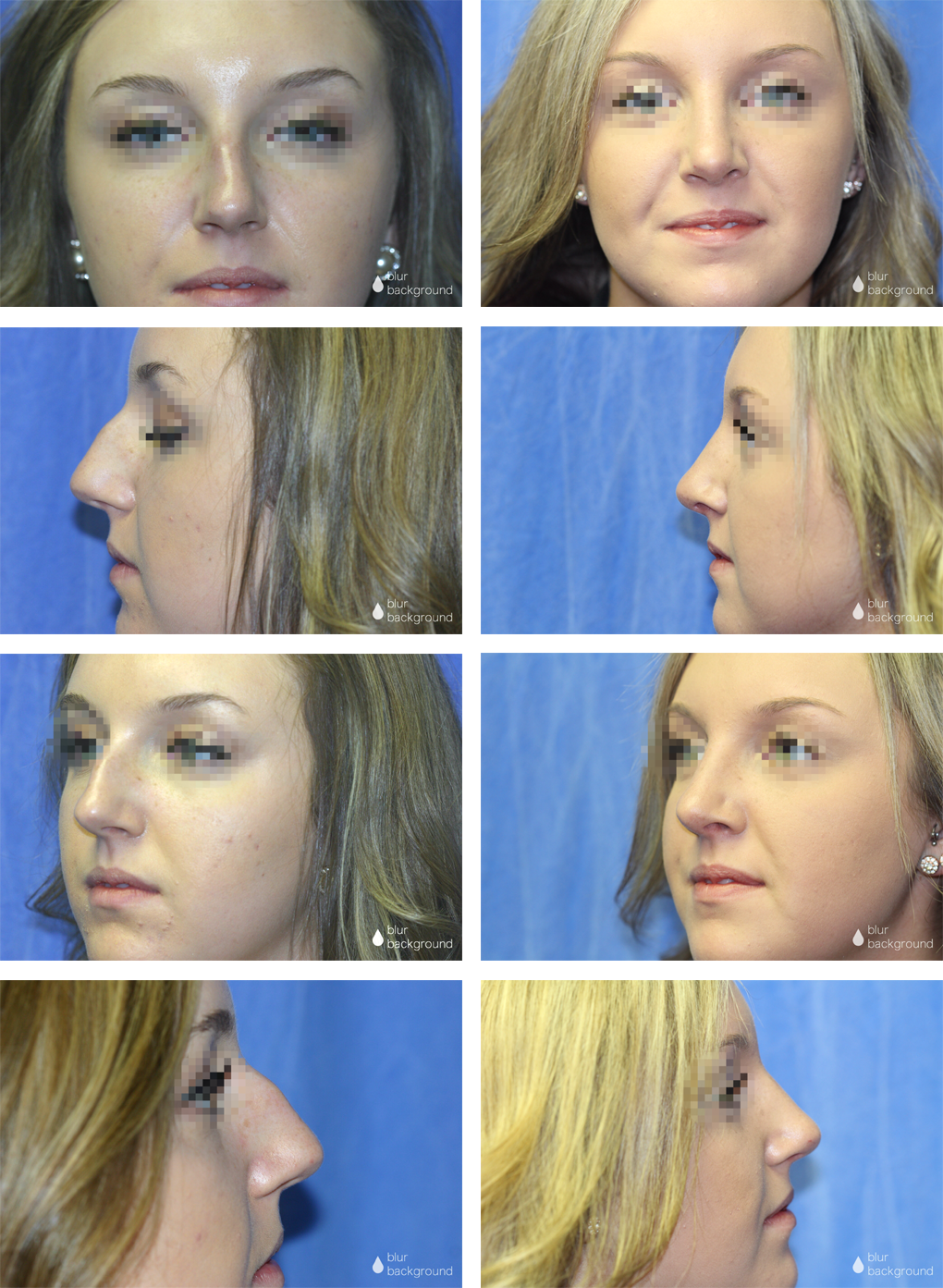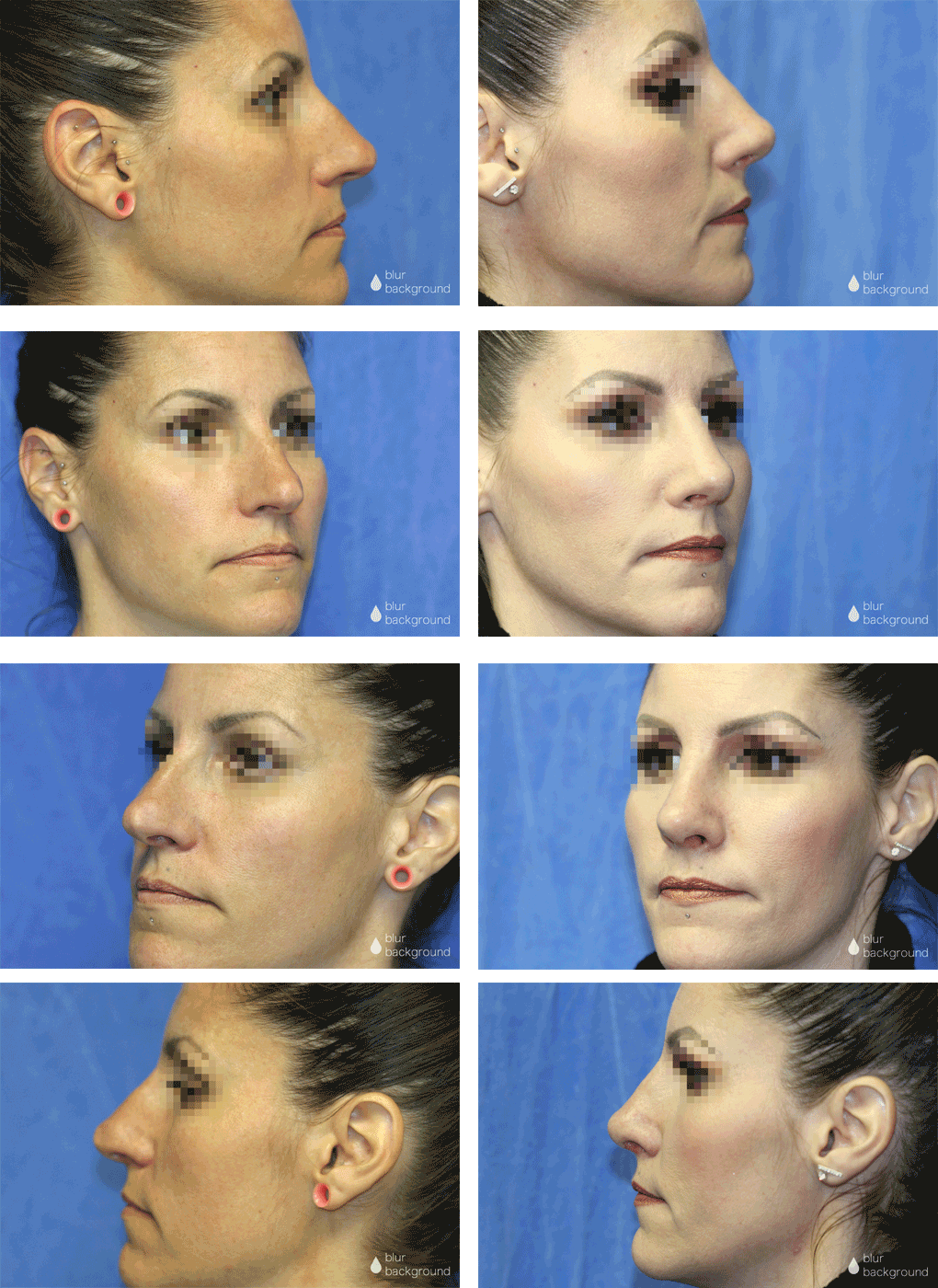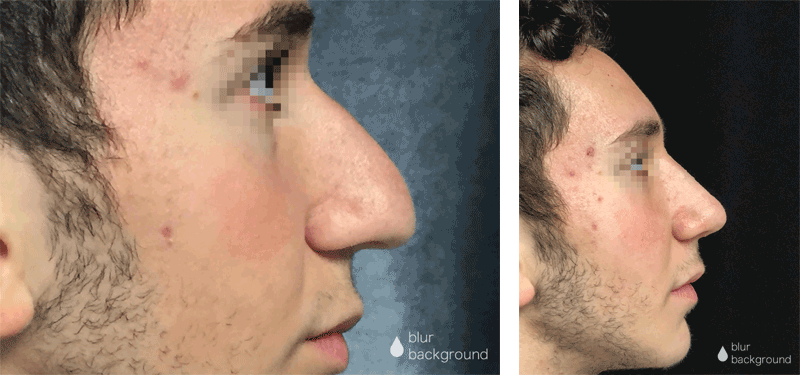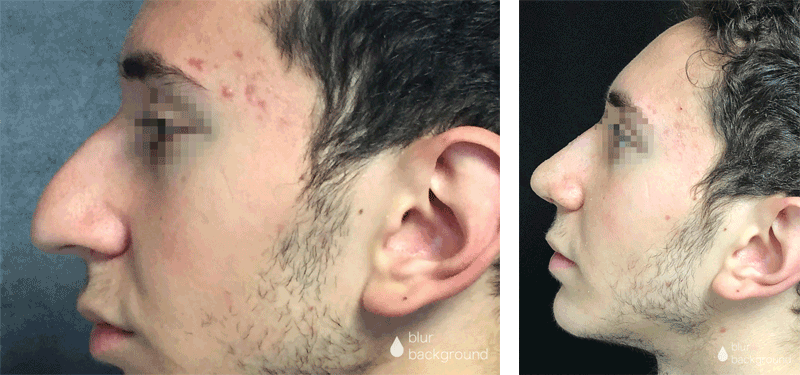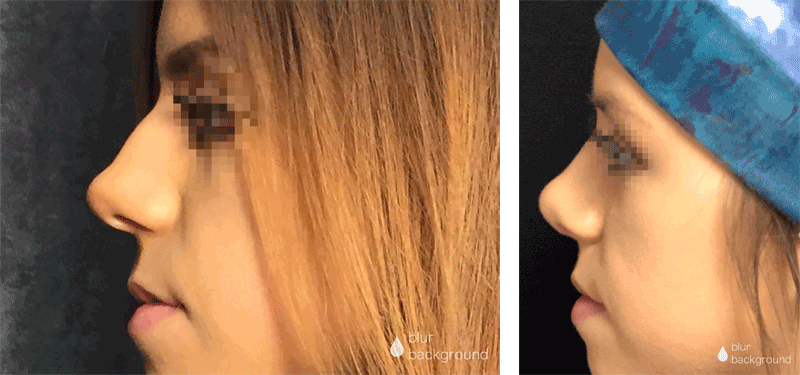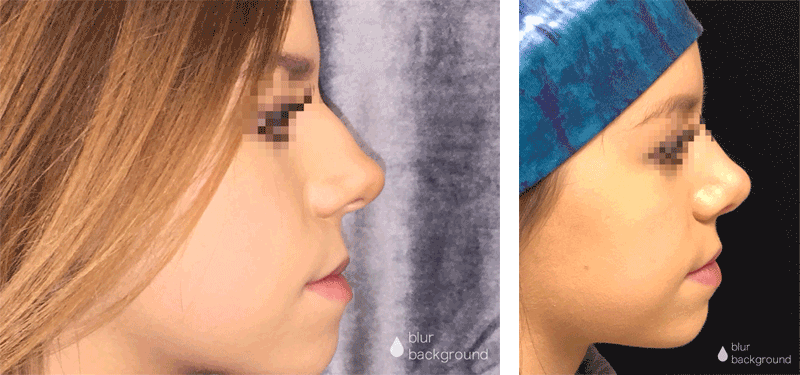What You Need to Know About Nose Job Surgery
What You Need to Know About Nose Job Surgery –
A nose job – medically called rhinoplasty – is a common and safe surgery performed by a board certified plastic surgeon to alter the size or shape of the nose, or to improve its function.
Board certified Macomb County plastic surgeon Dr. Ali has performed rhinoplasty on hundreds of women and men with outstanding results. In this article Dr. Ali explains rhinoplasty surgery from start to finish – and breaks down everything you’ve ever wanted to know about a nose job.
What is a Nose Job?
If you are thinking about a permanent way to transform the shape, size, or appearance of your nose, you have plenty of company. In fact, according to a 2017 report issued by the American Society of Plastic Surgeons, rhinoplasty is the third most popular cosmetic surgery, with over 200,000 recipients. Nose jobs can be for medical reasons, such as to correct breathing problems related to the nose or to correct disfigurement that results from birth defects or birth trauma. Or, nose jobs can be performed purely for cosmetic reasons.
Who Might Benefit from a Nose Job?
There are several conditions that might prompt someone to consider a nose job, such as:
- The presence of a dorsal hump: A bump at the bridge of the nose
- The width of the nose: A nose that is either too wide or too narrow
- Asymmetry: A nose that is twisted or deviated
- Prominent nasal tip: A nasal tip that is not in proportion to the rest of the face, that may be rounded or bulbous in appearance.
- “Drooping” nasal tip: The end of the nose dips so that the angle between the upper lip and the end of the nose is less than 90 degrees
- Post-traumatic deformities: The shape of the nose was altered after injury, such as a broken nose
- Nasal airway issues: Internal valve collapse or deviated septum
The ideal rhinoplasty patient will be someone who has generally stopped growing (usually 15 years of age or older), who is emotionally mature enough to understand the implications, risks and purpose of the surgery, and who has realistic expectations of what rhinoplasty can (and can’t) do. You should be in good general health, and ideally, a nonsmoker (or willing and able to give up smoking for a period of time prior to and after the surgery).
Is a Nose Job Right for Me?
Rhinoplasty is major surgery. With any major surgery, there are risks that need to be balanced out against the benefits. Your initial consultation with Dr. Ali will include a discussion of your general health history, exactly what methods he recommends for your surgery, the potential risks associated with nose jobs and surgery in general, and what you can expect in terms of results. He will also let you know what the recovery time will likely be, and the overall costs involved.
The time spent in the initial consultation is extremely valuable to Dr. Ali in terms of getting to know you, your health history, and your goals. It is equally important to you, so that you can fully understand the process, risks, advantages and limitations of a nose job.
Will Insurance Cover My Nose Job?
Insurance may or may not cover your nose job. surgery. Some nose jobs will be covered, or partially covered, by insurance. Some will not. Generally, if you are getting a nose job simply for cosmetic reasons, insurance will decline coverage. It is a good idea to contact your insurance carrier well in advance of the surgery so you know what is covered and what you will need to pay for out of pocket.
Top Nose Job Surgery – Oakland & Macomb County
Of course, there is no such thing as the perfect nose. Every person’s nose is unique to their genetics and their ethnicity. The ideal nose for you will be vastly different than someone else’s – and should fit your face and be in proportion to your other features. When planning your nose job, Dr. Ali can evaluate your other facial features and tell you how any changes to your nose could enhance or affect your overall appearance. He will then work with you to customize a surgical plan that will best meet your appearance goals.



